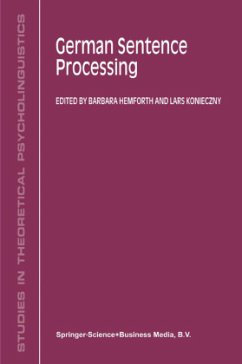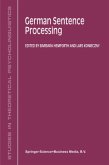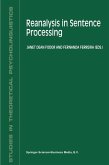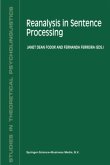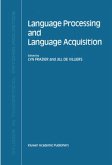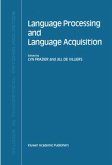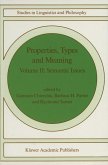The present volume contributes to the growing body of work on sentence pro cessing. The goal of work in this area is to construct a theory of human sen tence processing in general, i.e., given a grammar of some particular language and a general characterization of the human sentence processing mechanisms, the particular processing system for that language should follows automati cally. At least that's the goal. What is needed in order to pursue this goal is systematic in-depth analysis of the sentence routines of individual languages. With respect to German, that is precisely what the present volume delivers. In sharp contrast to a decade ago, the study of German sentence process ing is flourishing today. Four lively and active centers have emerged. The University of Freiburg is one prominent center, represented in the present vol ume by the editors Barbara Hemforth and Lars Konieczny (who was at Freiburg for many years) as well as by Christoph Scheepers (who is now in Glasgow) and Christoph Holscher. The University of Potsdam has recently begun an interdisciplinary collaboration on sentence processing involving Matthias Schlesewsky, Gisbert Fanselow, Reinhold Kliegl and Josef Krems. The University of Jena has several investigators trained in linguistics and interested in language processing. That group is represented here by Markus Bader and also includes his colleagues Michael Meng and Josef Bayer.
Bitte wählen Sie Ihr Anliegen aus.
Rechnungen
Retourenschein anfordern
Bestellstatus
Storno

